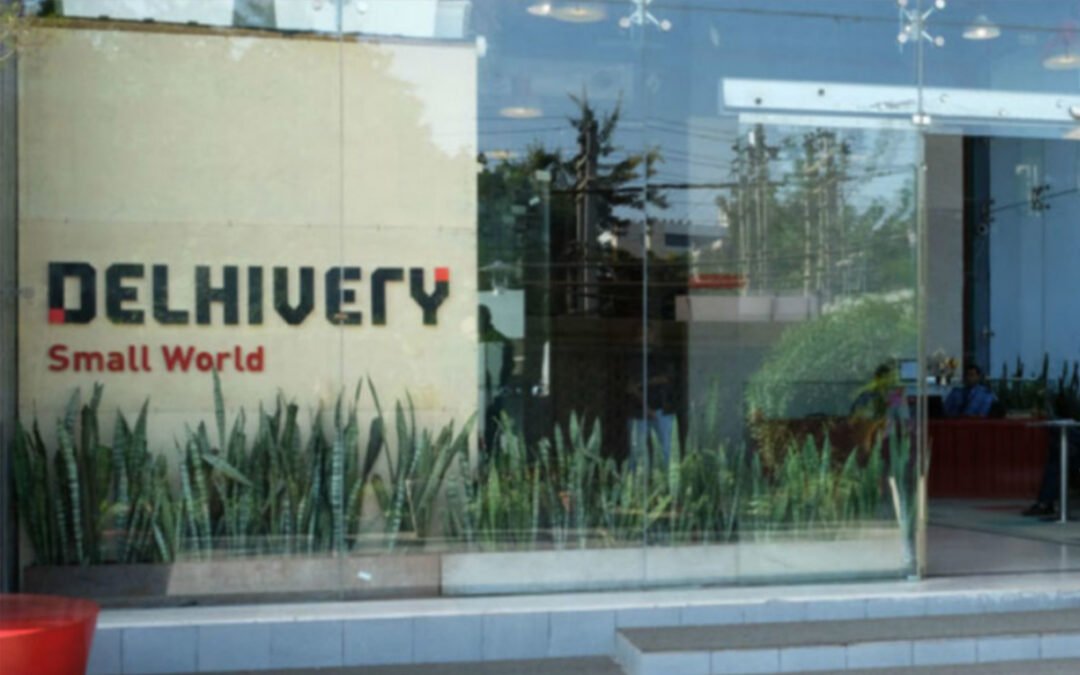Employees tend to be excited when it comes to ESOPs but it doesn’t seem to be the case at Delhivery as employees reject the offer
Institutional shareholders were furious with the recently listed logistics company Delhivery because the majority of them rejected the company’s employee stock ownership plan (ESOP). The business had nine issues up for approval by shareholders. These include the Articles of Association, the Delhivery Employees Stock Option Plan 2012, the Delhivery Employees Stock Option Plan II 2020, the Delhivery Employees Stock Option Plan III 2020, and the Delhivery Employees Stock Option Plan IV 2021. No company can make a new grant that involves the allotment or transfer of shares to its employees unless the pre-IPO ESOP scheme is approved by shareholders after the IPO, in accordance with the Securities and Exchange Board of India (Sebi) (Share Based Employee Benefits) Regulations 2014 (the “Sebi SBEB Regulations”). As a result, the business is asking shareholders to ratify its pre-IPO plans through a special resolution.

Big companies like Paytm have also faced a similar issue in the past when the employees rejected their ESOPs
Despite being approved, over 72% of institutional shareholders opposed the resolutions, according to statistics from Institutional Investor Advisory Services. A new-age corporation has already encountered shareholder discontent over ESOP plans. But companies like Zomato, Nykaa, and One97 Communications, have experienced difficulties. One97 Communication encountered shareholder opposition about ESOPs in February. The company didn’t respond to an email addressed to them on the rejections. IiAS advised institutional shareholders to vote against the proposals in its recommendation. The three ESOP-related resolutions in the Paytm case received more than two-thirds of “against” votes from institutional investors. Zomato had garnered more than 60% of public institution votes against various ESOP-related proposals as of September 2021. Institutional investors had also objected to a resolution that asked for their permission to modify the articles of organization. Nearly 80% of institutions voted against Nykaa’s resolution to change its articles of organization in February. Its ESOP-related resolutions received close to 4% of the vote against them.

Experts say the bone of contention is the deep discount being offered by these firms on their ESOPs.
Delhivery is not the first company to have its ESOPs rejected by institutional shareholders, then. However, this will have a significant negative impact and might potentially affect their IPO. Even while this doesn’t affect the stock’s share price, it could still have other effects, as we covered above. IiAS may advise against voting for stock option plans where the exercise price is more than 20% below the market price on the grant date. IiAS may grant an exemption where the stock options’ vesting is dependent on performance. We’ll see in due course whether the institutional shareholders’ decision to reject the company’s ESOPs was a wise one.



















